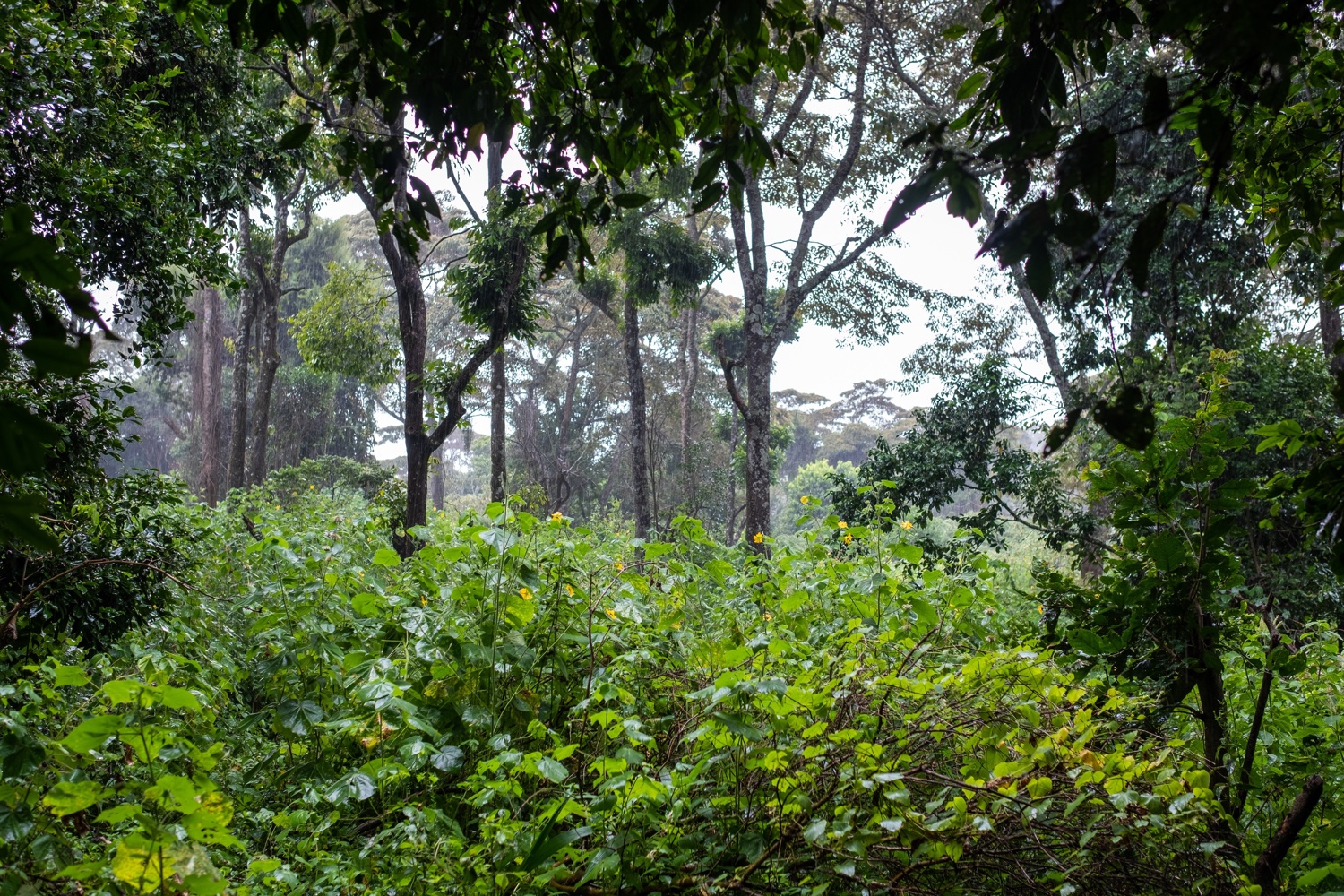Dr. Silke Birlenbach is Global Innovation Director at Trouw Nutrition, Nutreco's livestock feed business line. Silke holds degrees in cell biology and veterinary physiology from Harvard University & Kansas State University, respectively, and a doctorate in veterinary medicine from Justus-Liebig University. Having worked internationally, Silke has built a track record in transforming & growing businesses and driving strategic marketing & innovation.
Earth Day: Playing our part to implement sustainable food chains

Today is Earth Day, a day to reflect on how we as businesses, individuals and governments are playing our part to protect our planet for future generations. As a leader in the global animal nutrition and aquaculture industry, Nutreco sits in the middle of the food value chain. We partner with the suppliers of our feed ingredients to help them reduce their environmental and social impacts whilst, at the same time, offering our customers, mainly farmers and other producers of animal proteins the means to produce more using fewer natural resources.
This year’s Earth Day official theme, #InvestInOurPlanet, and its focus on reaching net-zero greenhouse gas emissions by mid-century, echoes with our commitment to ensure that we can feed the future sustainably, while reducing our environmental impacts across the supply chain.
How important is the topic of sustainability in your day-to-day work?
Sustainability is at the core of everything we do at Trouw Nutrition and of crucial importance to all actors we work with. And as a science-based and innovation-driven company, we believe we are in a good position to contribute to finding solutions for the challenges facing our global food system.
In practice, this means that we are constantly seeking new ways to improve the efficiency and nutritional value of our products, raise productivity, and reduce environmental impacts across our value chain.
How does innovation drive sustainability in your role?
We are pro-actively innovating for sustainability in our products and services so that our customers can make informed decisions that support animal performance and farm economics while also finding solutions that carry a lower carbon footprint in production. Our intimate know-how in precision nutrition provides us with a strong foundation for this.
In our innovation stage-gate process, we have made sure to include a sustainability filter (qualitative and quantitative) that assesses the social and environmental impacts of our innovations, whether it is on sourcing operations or on farmers, workers or the communities in which we operate.
For example, we have been offering the Watson® swine production simulation since 2006. It is a unique intelligent service that is designed to help producers make informed decisions and identify key levers to improve their production in a profitable and sustainable manner. By the end of 2022, all Trouw Nutrition-licensed feed formulation software will be able to solve for lowest-footprint feed solutions, with dairy and poultry models also being released subsequently.
What does Earth Day mean to you?
Earth Day for me represents how interconnected our personal and professional lives are when it comes to making a difference in climate change. Feeding the additional three billion people who will be joining the planet by 2050 requires a revolution in how we produce, distribute, consume and waste food.
For example, we know through our customer relationships that there is renewed pressure on retailers to ensure that the animal proteins they are selling are from sustainable farming sources. At present, animal protein production contributes around 45% of global CO2 emissions. And whilst farmers often feel sustainable practices tighten margins, we believe that by combining innovation and best practice, sustainable animal protein, in moderation, is attainable for all.
We believe it requires an ‘and, and, and’ approach, new proteins and market innovations should add to the many efficient and productive farming methods that we’re helping to implement around the world to ensure the long-term stability and sustainability of the global food supply.
What sustainable habits do you undertake in your personal life?
Over the past few years, I have become more environmentally conscious than ever: on a day-to-day basis, I’ve cut down on using my car, preferring to either walk or cycle to my destination. When doing my weekly shop at the grocery store, I avoid the use of single-use plastics, plan in advance and favour locally produced goods, so that I am making greener choices and limiting food waste.
Who has inspired you when highlighting the importance of climate change?
I’d have to say Al Gore. He was one of the earliest prominent activists for climate change who had the courage to put the topic on the agenda and changed the debate for evermore. Incidentally, he won a Nobel prize for that engagement.
Media contact
